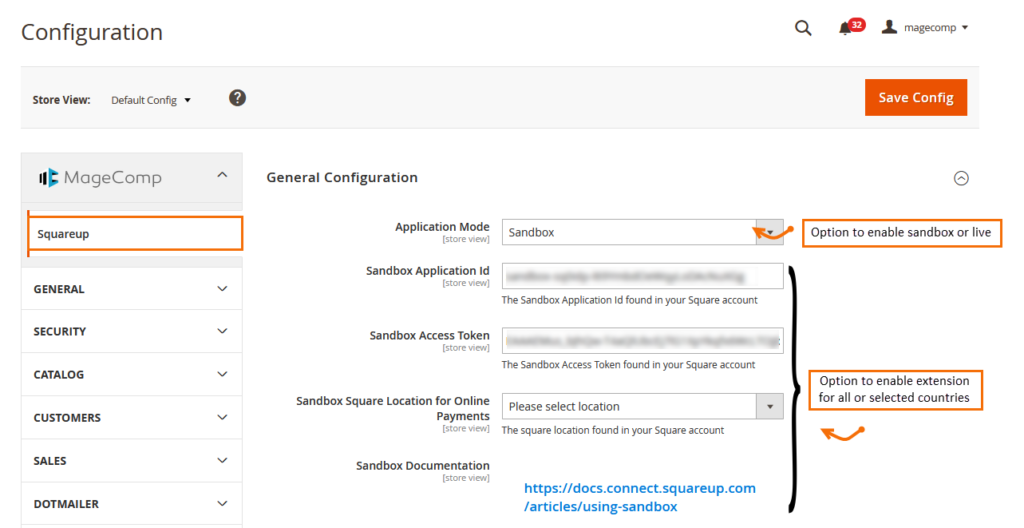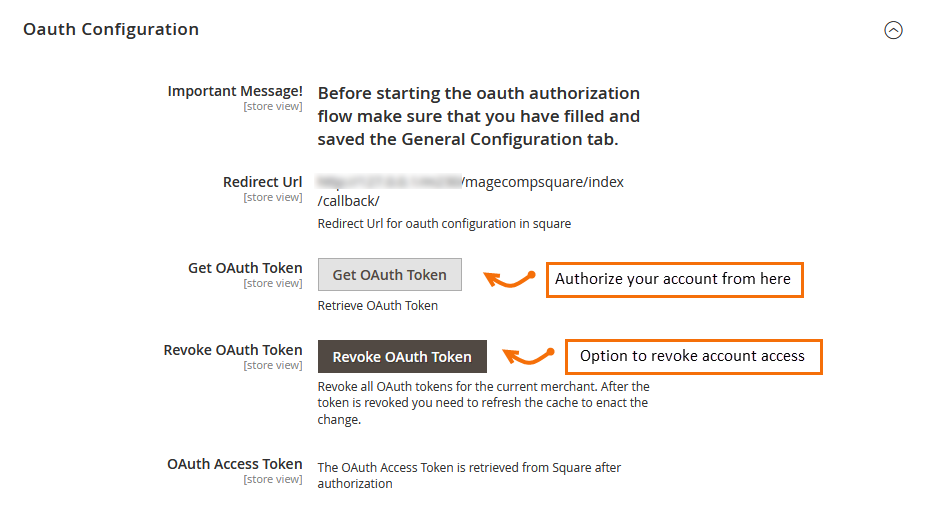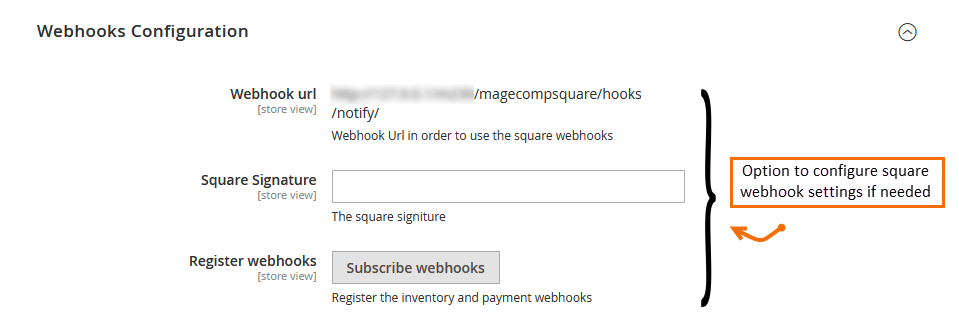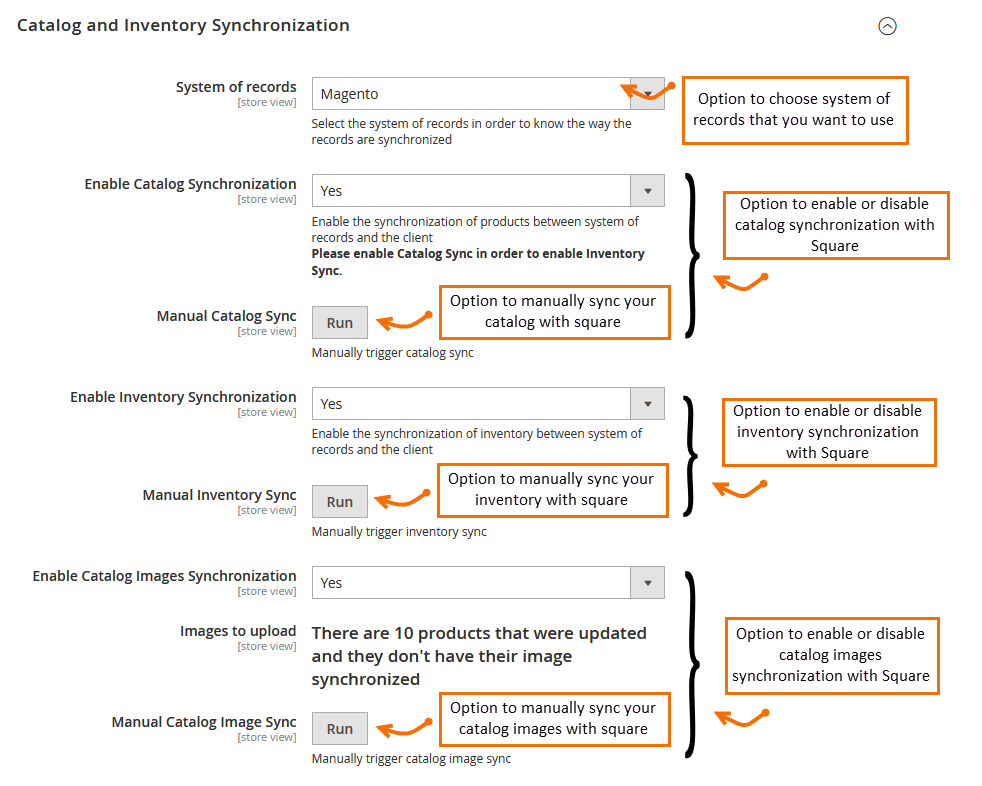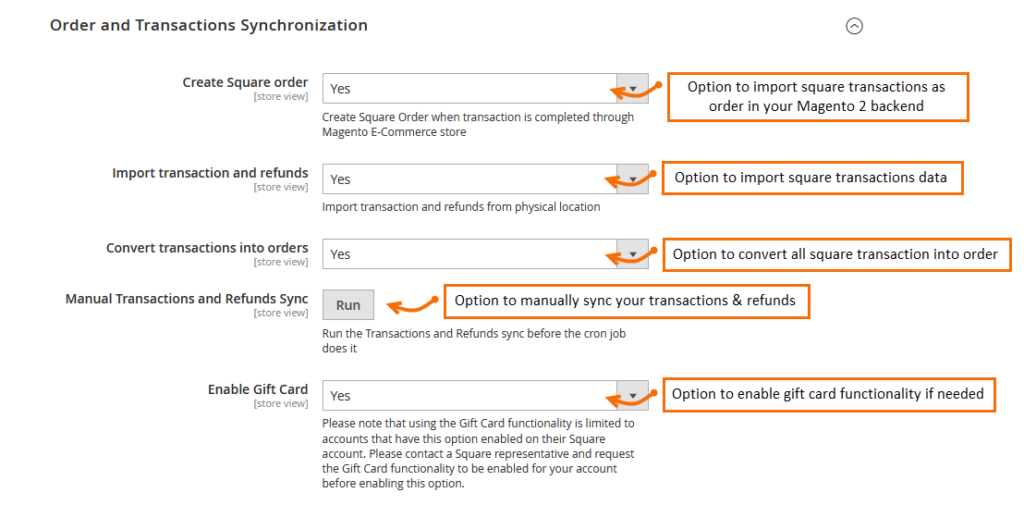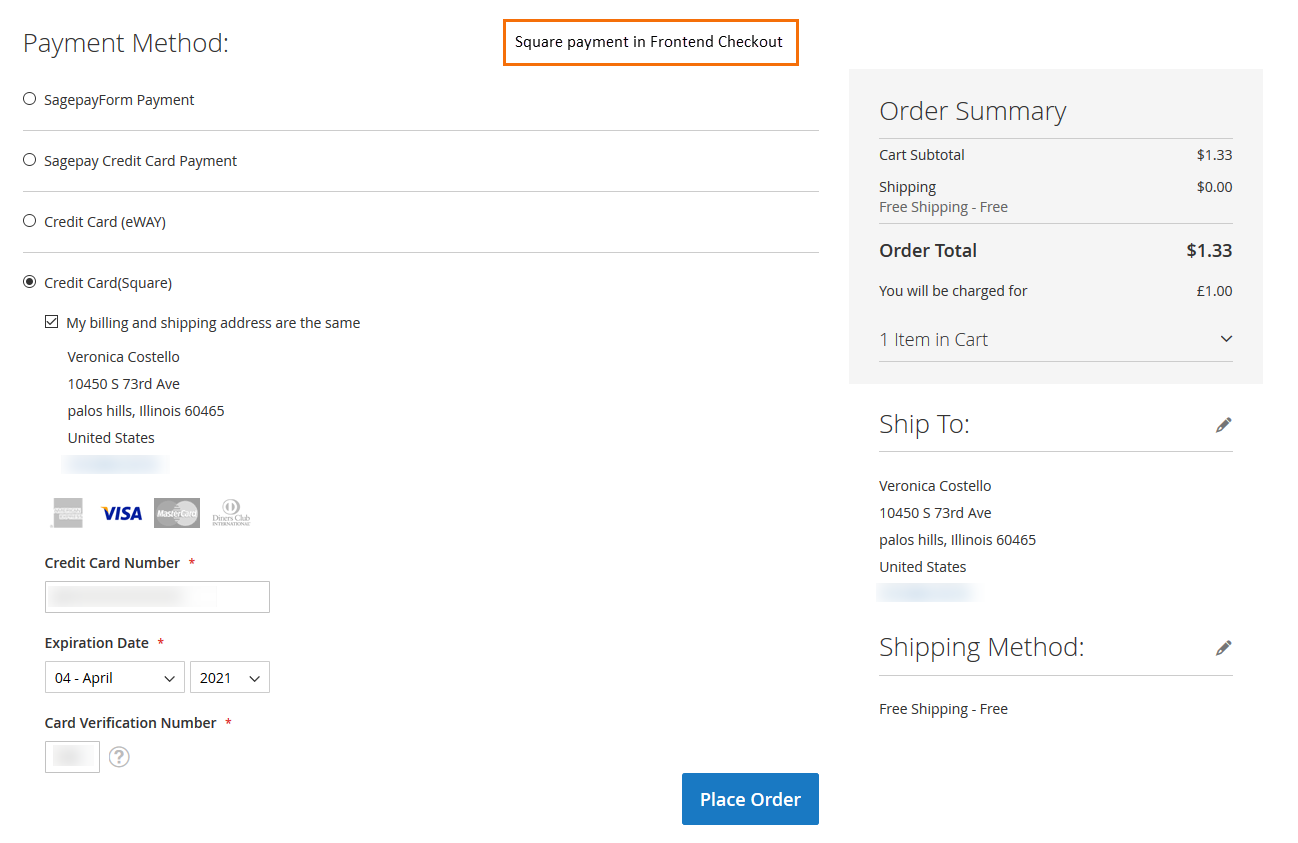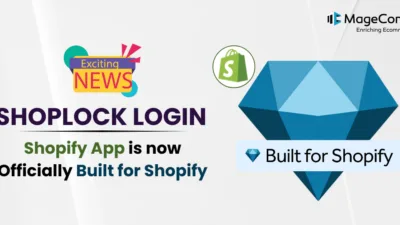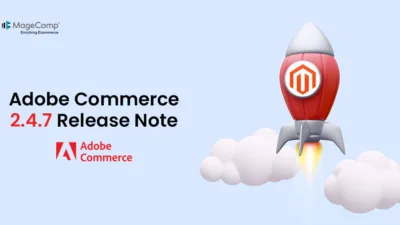Approximately 200,000 websites utilize Magento, and your website could potentially be one of them. But what exactly is Magento? It is a website platform designed specifically for eCommerce and is owned by Adobe. Magento offers a plethora of unique features that can aid businesses in engaging with their customers and facilitating the sale of their products.
If you want to gain a deeper understanding of Magento and how it can be leveraged for your eCommerce enterprise, read on. Our comprehensive guide covers all you need to know.
What is Magento?
Magento is a widely acclaimed eCommerce platform that distinguishes itself with its open-source technology. This innovative approach empowers users to tailor their online stores’ aesthetics, functionality, and content seamlessly while delivering an exceptional shopping experience.
Whether catering to a small customer base or serving millions, Magento’s free version, Magento Open Source, and its more feature-rich Magento Commerce version can easily adapt and evolve with the business. This eliminates the need to switch platforms as the business grows, resulting in significant savings in time and resources.
Magento simplifies the process of expanding your business without the need to switch to a different platform. Additionally, it provides you with a wide range of customizable plug-ins and themes to match your desired website aesthetic and functionality. These useful features not only enhance customer satisfaction but also foster stronger customer connections.
Advantages & Disadvantages of Magento
When examining the Magento website, one can observe that it handled a staggering 101 billion transactions in 2016. The platform’s projected goal for 2020 is 98 million. If you’re considering utilizing this platform, it’s crucial to be cognizant of its pros and cons. Here are 6 benefits and 4 drawbacks to keep in mind:
Advantages of Magento
Magento is Purpose-Built For eCommerce
While WordPress is a great platform, it may not be the best fit for building a business website. Although it does offer eCommerce plugins, Magento is an eCommerce platform that is built exclusively for online selling. This makes it the ideal choice for managing high volumes of sales, loyalty programs, and ensuring smooth payment and checkout processes.
Benefit From Magento’s Seo Edge Feature
One of the standout features that businesses appreciate about Magento is its SEO Edge functionality. This powerful tool helps boost your products’ visibility and improve your search engine rankings, ultimately leading to more sales.
With features like rich snippets, dynamic meta templates, and more, Magento’s SEO extension can significantly reduce your workload when it comes to optimizing your website for search engines.
It’s Scalable
Magento is both a money and a life-saver platform when you want to scale your application. Whenever you need to scale your eCommerce site, Magento 2.0 is a great choice. On its website, it processes more orders per hour and has a faster server response time.
Effortless Management of Multiple Stores
Prior to the introduction of Magento, running and managing multiple stores was an arduous and highly inconvenient task. However, this platform makes it a breeze to manage multiple stores through a single administrative panel.
Most e-commerce websites can now feature stores in multiple languages, catering to a wider audience. For example, if you operate two websites – one for selling adult cycles and another for selling kid bicycles – you might want to share data between them. With Magento’s enterprise-level eCommerce solution, this is easily accomplished.
In-built Functionalities
Magento provides in-built functionalities for multicurrency, tax, discounts, coupons, orders, invoices, shipments, and more. The Magento backend is easy to manage and provides many options to improve the storefront. The customer’s shopping experience is improved with Magento’s built-in features. Magento is a well-developed platform that also has the potential to fine-tune the store as per requirement.
Mobile Responsive Capability
In today’s world, mobile phones are a part of people’s life. Customers use mobile to check prices, discover brands, and in every phase of their purchase journey. Failing to adopt the mobile-friendly website trend will affect your marketing goals.
Magento has all the capabilities to make your website responsive for devices like android mobile, iPhones, tablets, iPads, etc. This really helps to provide a better user experience and gain benefits from the mobile users.
A large Community of Users
Magento has a large community of users, so when you are stuck; you have hundreds of Magento developers around you to assist you. The large number of contributors will provide quick solutions for Magento-related problems. Moreover, Magento vendors provide various Magento-related services to help your store run smoothly.
Disadvantages of Magento
Resource Demands
Magento is known for its scalability and robustness, but these qualities also mean that it can be quite bulky and resource-intensive. In order to achieve optimal performance, the platform requires heavy servers, which can make it slow and require a lot of data input. Running Magento can also be time-consuming and require a significant investment of resources and money.
Installation and Customization
One thing to keep in mind is that Magento may not be the most user-friendly option. Inexperienced users may find tasks such as administration to be challenging. If you’re considering using Magento and lack experience in web development, it may be wise to seek guidance from an expert to navigate its functionalities properly.
Performance Under Heavy Load
Magento runs on PHP, which, although designed similarly to enterprise Java applications, can sometimes struggle with handling heavy loads.
Cost Considerations
Magento may prove to be a costly platform for small stores due to ongoing maintenance expenses, updates, functionality changes, plugin software, and core code maintenance. Additional expenses can quickly accumulate, even for small plugin additions.
The enterprise edition of Magento is particularly expensive, as are licensing fees. To avoid incurring excessive costs, engaging a reputable development company with a track record of excellence is important, as inexperienced developers can potentially exacerbate costs.
How to Integrate Payment Gateway in Magento?
To provide a convenient checkout experience to customers, you need a secure, convenient and cost-effective payment gateway for your Magento store. Payment gateways enable stores to carry out financial transactions safely and ensure a positive customer experience with seamless payments.
Payment gateways for eCommerce is a third-party service that accepts credit card payments from customers, validates, and encrypts them. It transfers financial information from the customer to the merchant and from the merchant to the bank. Hence, payment gateways bridge the gap between your eCommerce store and the bank.
With a number of payment gateways available in the market, it becomes too difficult to decide upon the best payment gateways for your online business. You can look for some Tips While Choosing the Best Payment Gateway to help you make the perfect decision.
To add a payment method for business with Magento, you can use Square Payment Gateway.
Square Payment Gateway for Magento
Square is a secure and popular payment gateway to accept online payments from your Magento eCommerce store.
Features of Magento 2 Square Payment Gateway
- Securely accept online payments from customers using the Square Payment Gateway.
- Automatically sync Magento store data like customers, orders, catalog, and images with the Square server.
- An option for manual synchronization of the store data is available.
- Import transactions and refunds from the Square server to Magento.
- Enable Square gift card easily from the backend configuration if required.
- Built-in sandbox testing is available to test the extension functionality before making it available for customers.
- Easily authenticate a Square payment account using this extension.
- The extension also includes built-in webhooks to sync store data.
- The extension uses a hosted page for the purpose of privacy and security.
Let’s see how you can configure Square Payment Gateway with Magento.
Steps to Configure Square Payment Gateway in Magento
Step 1: Install the Magento 2 Square Payment Gateway Extension to your store.
Step 2: Apply Configuration settings from the store backend
Sandbox Settings
- Application Mode: Option to enable sandbox testing mode or live mode.
- Sandbox Application Id: Enter the Sandbox Id from your Square account.
- Sandbox Access Token: Enter the Sandbox access token from your Square account.
- Sandbox Square Location for Online Payment: Select the location from here.
- Sandbox Documentation: Read the sandbox help guide from here.
Oauth Settings
Perform the authentication process for connecting your Magento store with Square Payment Gateway API.
Webhooks Settings
If you need square webhooks, you can also configure using this extension.
Customer Synchronization Settings
Enable customer synchronization between Magento and Square. You can also synchronize customers manually.
Catalog and Inventory Synchronization Settings
- System of Records: Choose the system option to save your records.
- Enable Catalog Synchronization: Select Yes to sync your store products with Square.
- Manual Catalog Sync: Manually sync your products with Square from here.
- Enable Inventory Synchronization: Select Yes to sync your store inventory with Square.
- Manual Inventory Sync: Manually sync your inventory with Square from here.
- Enable Catalog Images Synchronization: Select Yes to sync catalog images with Square.
- Images to Upload: It shows the image sync status.
- Manual Catalog Images Sync: Manually sync your catalog images with Square from here.
Order and Transactions Synchronization Settings
- Create Square Order: Option to import Square transactions as orders.
- Import Transactions and refunds: You can enable import for Square transactions and refunds if needed.
- Convert transactions into orders: You can also convert Square transactions into orders in Magento 2 backend.
- Manual transactions and Refunds Sync: You can also manually sync data of transactions.
- Enable Gift Card: Option to enable gift card strategy with Square transactions.
Overall, these steps require attention to detail and an understanding of Magento’s complex payment system. You may require the assistance of a professional Magento engineer to ensure that the integration is done in a secure and organized manner. It is recommended that you seek professional assistance to ensure a seamless and secure payment gateway integration.
Frontend Display of Square Payment
The square option is added to the payment methods options on the frontend checkout page. Once the customer selects the Square Payment option, the customer will be redirected to the payment gateway provider dashboard to complete the transaction.
Is Magento Commerce for Small Businesses?
Magento Commerce may not be the best choice for small businesses. This is mainly due to its high cost, which can start at $22,000 per year, and its advanced features that are geared towards wholesale and business-to-business merchants. Magento Commerce is designed to meet the needs of larger companies that require complex functionality and premium support.
For small businesses that focus on retail sales, the advanced features offered by Magento Commerce may not be particularly beneficial.
Wrapping Up
All in all, Magento is an excellent platform for online businesses. It is fully packed with out-of-the-box features for businesses of all sizes. It’s scalable, feature-rich, open-source, flexible, SEO-rich, and can be customized fully. Merchants can create a completely customized store from scratch using Magento.
You can also hire a reputed Magento Development Agency to help you with code customization while you focus on other business areas.


